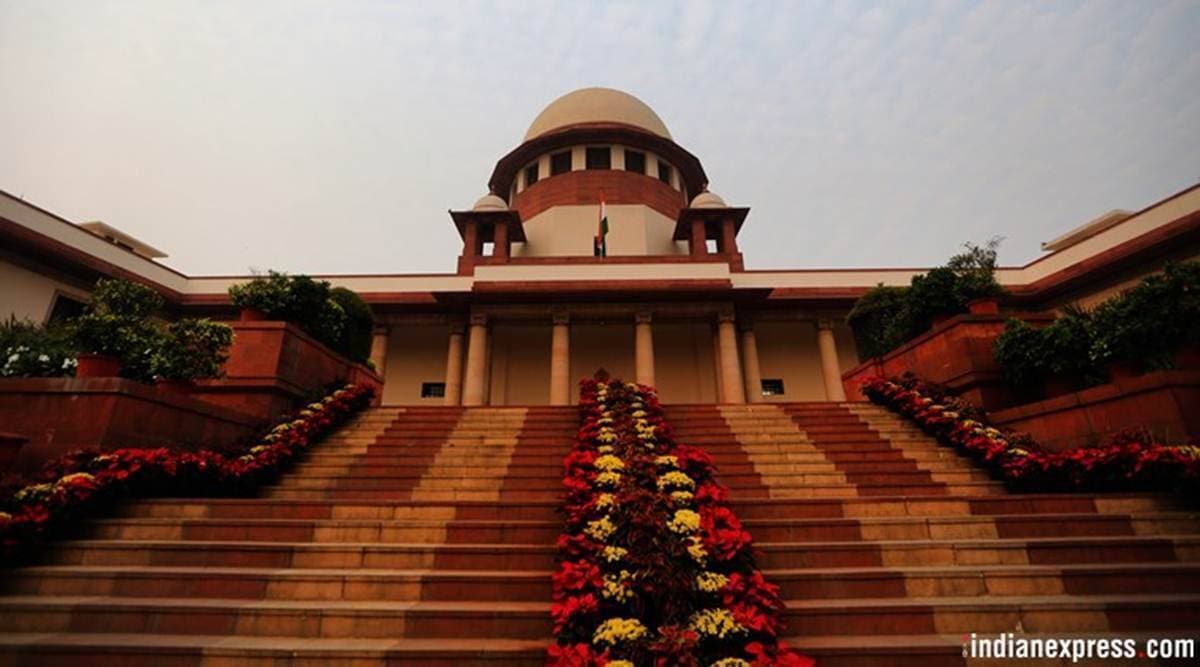 Supreme Court (File Photo)
Supreme Court (File Photo)The West Bengal government’s move to challenge the Calcutta High Court order on Dearness Allowance of state government employees in the Supreme Court on Friday drew sharp criticism from Opposition parties, with the leader of the Opposition, Shuvendu Adhikari, describing the Mamata Banerjee government as a “beggar’s government”.
A division bench of the Calcutta High Court comprising justices Harish Tandon and Rabindranath Samanta had on September 22 rejected a review petition of the West Bengal government urging the court to reconsider its May 20 judgment, directing the state to clear dearness allowance (DA) arrears within three months. Besides, the bench had also fixed November 9 as the date of hearing of a contempt petition filed by the associations of state government employees, who alleged that the authorities had not cleared the DA arrears within three months from May 2022.
After challenging the HC order in the apex court on Friday, the state government filed an affidavit before the division bench of justices Tandon and Samant, claiming “the contempt case (filed by the associations of state government employees) is not admissible as the matter is sub judice before the Supreme Court”, said the state counsel, adding the top court is likely to take up the matter for a hearing on Monday.
State Chief Secretary H K Dwivedi and Finance Secretary Manoj Pant filed the affidavit in the High Court, explaining why contempt of court proceedings should not be initiated against them for not honouring its judgment, directing the state government to clear DA arrears by August 19.
Upholding an order of the State Administrative Tribunal (SAT), the High Court had on May 20 directed the West Bengal government to release dearness DA arrears since July 2009, when the Revision of Pay and Allowances (ROPA) came into effect in the state, within three months. The state government, however, filed a writ petition in the High Court challenging the SAT order of July 2019 that directed it to pay DA on par with the Centre and to clear the amount in three instalments.